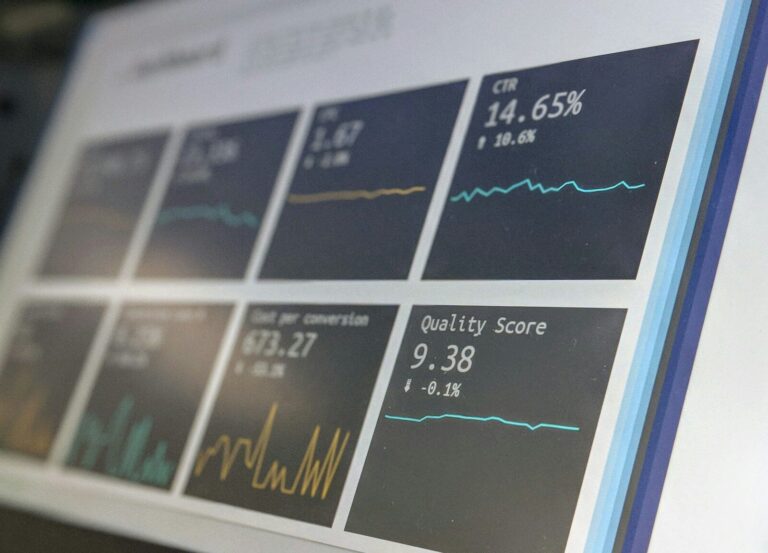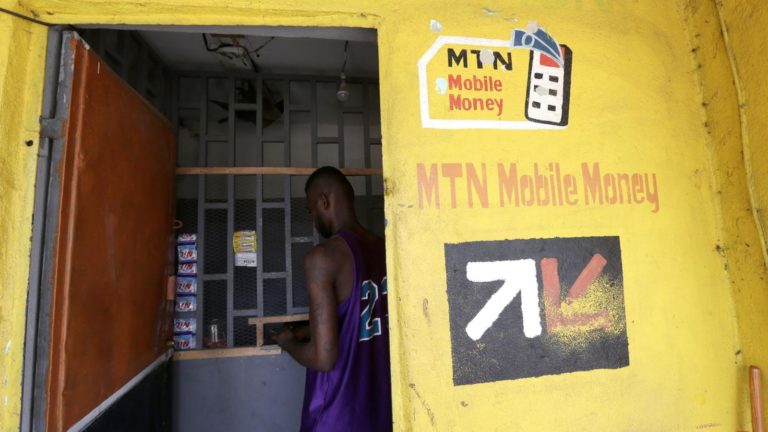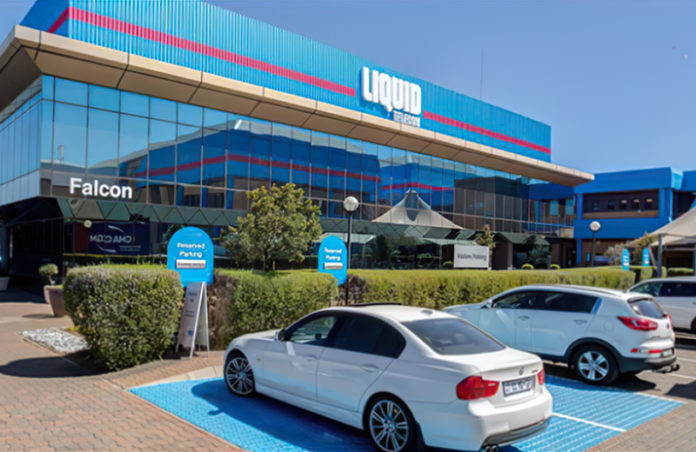The Real Reason Kenya is yet to Fully Embrace Online Shopping

Kenyans who prefer to order or buy goods online face challenges due to the country’s high logistical costs.
According to Business Daily, e-commerce participants say the costs of transporting goods from a store to a buyer are a major impediment to the sector’s growth.
“The most significant impediment to e-commerce growth is logistical cost.” “The cost is still very high, and we have a population that does not have enough disposable income,” said Mesh Alloys, co-founder and CEO of Sendy.
Rising fuel prices, poor transportation infrastructure, and traffic jams with no dedicated cycling lanes are all factors contributing to the delay in transitioning to online shopping.
According to Business Daily, diesel and petrol in Kenya are selling at record prices of Sh115.60 ($1.01) and Sh134.72 ($1.12) per litre, respectively, following a Sh5 ($0.044) monthly increase that took effect on Tuesday. This comes after Russia launched an attack on Ukraine, prompting international economic sanctions and causing crude oil prices to skyrocket.
According to reports, the price of gasoline was already high prior to the recent changes. “We believe that the cost of transporting that item should not be as high as we are seeing. “We’re working hard to make it really affordable in the future,” Alloys said.
“We are very optimistic, and we intend to contribute to the growth of that industry.” “The technology is there, there’s social media, and there’s a lot of trade going on,” he added.
The United Nations Conference on Trade and Development ranked Kenya seventh in creating a conducive environment to facilitate online trade in Africa in 2020, a drop from the previous year.
“African countries would benefit from catching up in all policy areas to facilitate more inclusive e-commerce.” “In terms of Internet access, less than a third of the population in Africa uses the Internet, compared to three-quarters in Western Asia,” according to a report published by the United Nations Conference on Trade and Development (UNCTAD).







